It is I, the resident Goggler intern, here to stir the pot of public opinion. Why am I writing a think piece seeking redemption for a film that is bound to get me in hot water (and potentially out of a job)? Well, because I believe Man of Steel is an objectively great Superman film. Despite what anyone says! Now hear me out. Before you decide to bring out your pitchforks and torches, allow me to break down why.
As you know, Man of Steel received mixed reviews among both critics and audiences, with some loving the fresh take on the character, and others downright loathing it. I happen to be the former. For a lot of reasons. Superman has always been pushed as a symbol of hope, a World War II poster-child for peace and perseverance. Alien by blood but human by heart. He’s the “Man of Tomorrow,” the ideal that we strive towards. And while that has managed to translate over the decades, it doesn’t quite hold up the way it used to. Why? Because blind faith in “hope” and “humanity” skews a little overly optimistic and sounds just a tad like propaganda. Maybe it’s the cynic in me talking, but it’s a heavy gamble placing unflinching faith in an all-powerful alien. In a “super” “man.” (I mean, there’s a reason the Injustice video game and comics exist, even if it’s not in the main canon.)
Look, Up in the Sky!
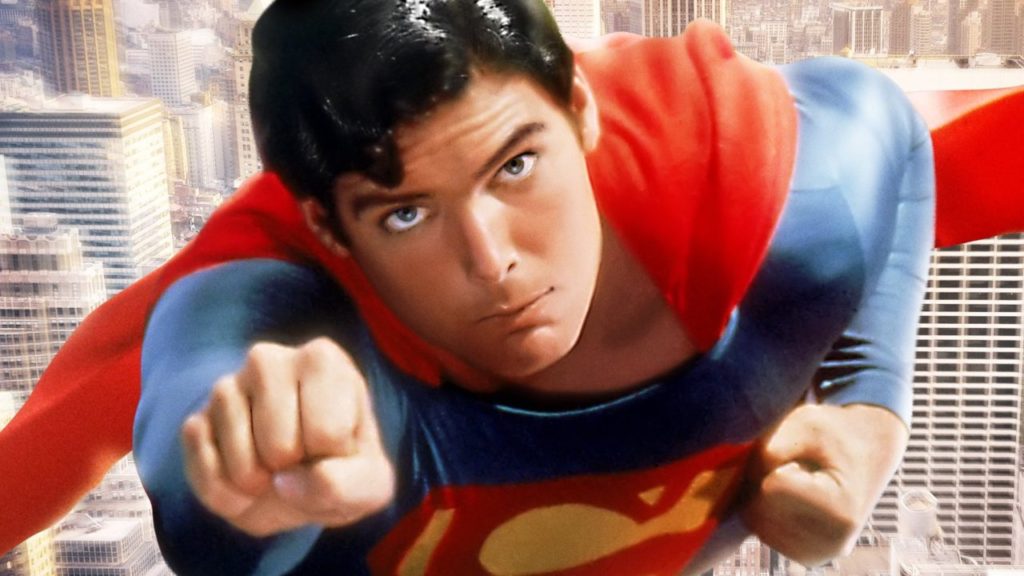
First of all, let’s get it out of the way: I thought the 1978 Superman was great. There was no one better fit to first don the cape than Christopher Reeve. He exuded the perfect blend of charm and wit as both Clark Kent and Superman. Reeve’s portrayal managed to cement the Superman legacy, so much so that Brandon Routh’s Superman Returns was considered a Reeve caricature without neither the charm nor the wit that captured people’s hearts. Fanboys truly are a tough audience to please.
That said, I always felt like the transition from awkward outcast to world’s greatest superhero in Superman was almost seamless. Too seamless, in fact. Where was the internal dilemma? Where was the people’s struggle to accept him, without feeling sheer terror? What Man of Steel manages to do right is not sell Superman as a symbol, but of what he was to the world: a potential threat to humanity. Even Jonathan Kent tells a young Clark that “people are afraid of what they don’t understand.” And it’s true. If a god-like being with a saviour complex asked me to entrust him with the fate of the world, there’s no way I wouldn’t consider what could go wrong.
Superman is also introduced in a different light. There’s a moral ambiguity in Cavill’s iteration. You see that throughout the film, with him wanting to fight back against school bullies, or forcefully restraining himself against rowdy customers. He is an outcast, hopping from one odd job to the other in hopes of successfully masquerading as a human. He’s lost, mistrustful of the world’s intentions, and shouldering blame for his father’s sacrifice. There’s a point where Clark talks to the priest at the church, telling him how he knows he can’t trust Zod, but he can’t seem to trust the people of Earth either. He’s conflicted, knowing how to be neither a Kryptonian nor an Earthling. His inexperience is almost refreshing. Sure, it’s a little “angsty” and a far cry from what we’ve seen before, but it doesn’t feel entirely like a fictional story. There are some roots in reality.
Man of Steel was a Superman designed for the modern era. No longer clad in a costume stolen from a budget halloween store. Nor an all-perfect, all-American alien with no cracks in his mask. Moreover, we can see that Krypton had a culture. There was depth and complexity in their history, besides being a victim to cosmic disaster. I’m also fond of the flashback scenes where he struggles to come to terms with his powers and when he gets berated by his father for helping people. You really see how this young boy has to carry the burden of a secret when all he really wants to do is help people with it. Similarly, the first flight sequence against Hans Zimmer’s eargasmic score really stuck with me after my first viewing. Not only is it absolutely gorgeous, but shows Clark exploring his Kryptonian side, with a big smile plastered on his face. He has finally broken out of his shell and feels the comfort of knowing who he is. The film also inserts the difficult questions of how the world feels. The people are not without doubts, sending drones to keep watch on Superman, or questioning if he’d act against America’s interests. Despite proving his worth by taking down Zod, an air of uncertainty still lingers. However, by the end, you see Clark Kent at the Daily Planet, ready to live his double life and fully embrace his destiny as Superman. It’s a clear message that as long as he holds the people’s trust, he will keep inspiring them with hope.
It’s Not a Bird, It’s Not a Plane, It’s Just Your Wrong Opinion
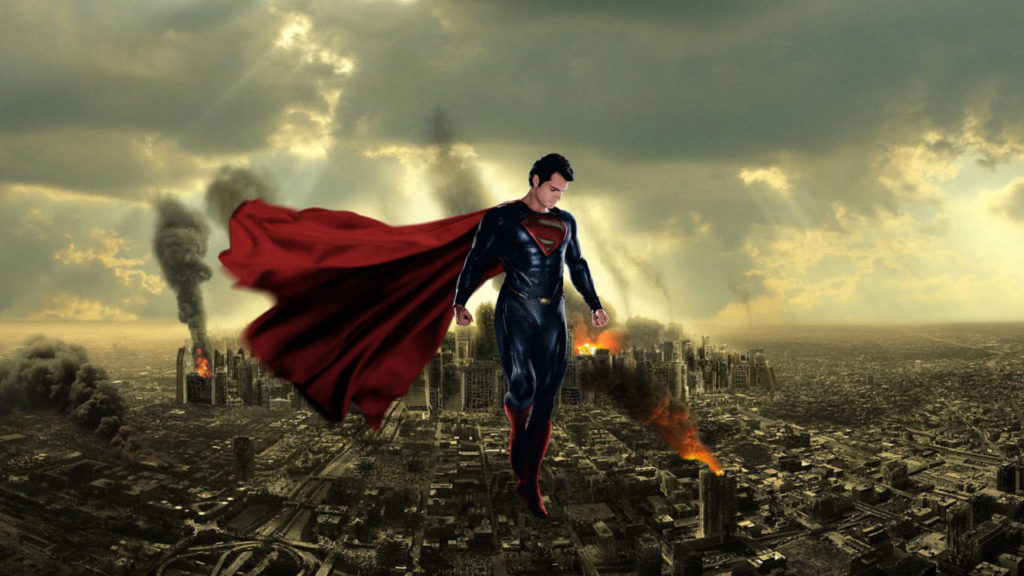
Listen, I’m aware of all the flak the film gets. Cavill’s poker face. Too much CGI. Too sombre. Jonathan Kent’s unnecessary death. Lois Lane knowing about his identity before the “big reveal.” The destruction of Metropolis. Zod’s murder. Yadda yadda yadda.
Now, let me go through those one-by-one.
- First off, Clark is slowly coming into his own and shedding off his incognito self during the span of the film. Not exactly rainbows and sunshine, from what you see him facing. But, after finally finding his footing as Superman towards the end, you see him flash a dazzling grin. It’s enough to tell you that, yes, he CAN smile.
- Next, the CGI. What do you want me to tell you? It’s still the post-Avatar prime of 2010s, and we’re dealing with multiple aliens in the story. CGI fight sequences are pretty much a given.
- Yes, it was a tad sombre, but that was the point. It’s meant to be a darker, less polished take on the Big Blue Boy Scout. The core message of hope and creating a better world is still there, just behind some blue colour grading and slightly melancholic dialogue.
- Jonathan Kent’s death so early on was unexpected, but worked with the story they were trying to tell. This Clark Kent feels hollow, burdened by the weight of Jonathan’s sacrifice to protect his secret. It adds layers to why Clark has some wariness to be the hero he was meant to be. Hey, if Smallville can kill off Jonathan Kent, then what’s wrong if Man of Steel takes a page out of the book?
- I liked that Lois knew who Superman was from the get-go. My only nitpick is not seeing the witty dynamic between Lois and Clark at the Daily Planet. Yet, it did save unnecessary time from a “oh gasp!” reveal that’s been overdone in the past. Let’s move on.
- Keep in mind this is literally Superman’s first battle, and he has little control over his emotions. Not to mention his opponents are also overpowered, destructive aliens, so it’s a double-whammy. If anything, it’s a miracle that Metropolis or Smallville weren’t completely destroyed by the scope of the fight.
- Oh boy… Zod’s broken neck really gets everyone talking. Why didn’t Superman turn Zod’s neck to the side? Why didn’t Superman just fly upwards with Zod in his grasp? Why didn’t the civilians just run away? To some it may be a plot contrivance or case of unnecessary shock value, but this is my interpretation. It was the point of the scene, to see what it took to break Superman. You can see the anguish and pain on his face. This is the first foe he’s faced off, and what’s more, he was from his very own bloodline. He is conflicted between staying faithful to his earthly values or giving in to the Kryptonian side when innocent lives are at stake. Zod knew he had lost the fight and failed in his mission, and his desperation, forced Clark to make a choice. There’s even a line in the film: “a good death is its own reward.” This, my friends, is how a soldier like Zod with nothing to live for, would want to go: in the midst of battle. And what better way than to test his foe’s strength in the process? While I agree it’s a bold and graphic choice to make Superman snap Zod’s neck (and seemingly against his values), it showed a vulnerable side to him. A scared, reserved boy from Smallville, who made a decision in a split second. He feels emotional agony and is tortured by what he has done. He has chosen the side of the Earth, but at the cost of one of his own. It’s also very human, showing how even gods struggle to live by the weight of their choices.
It’s the Man of Steel!
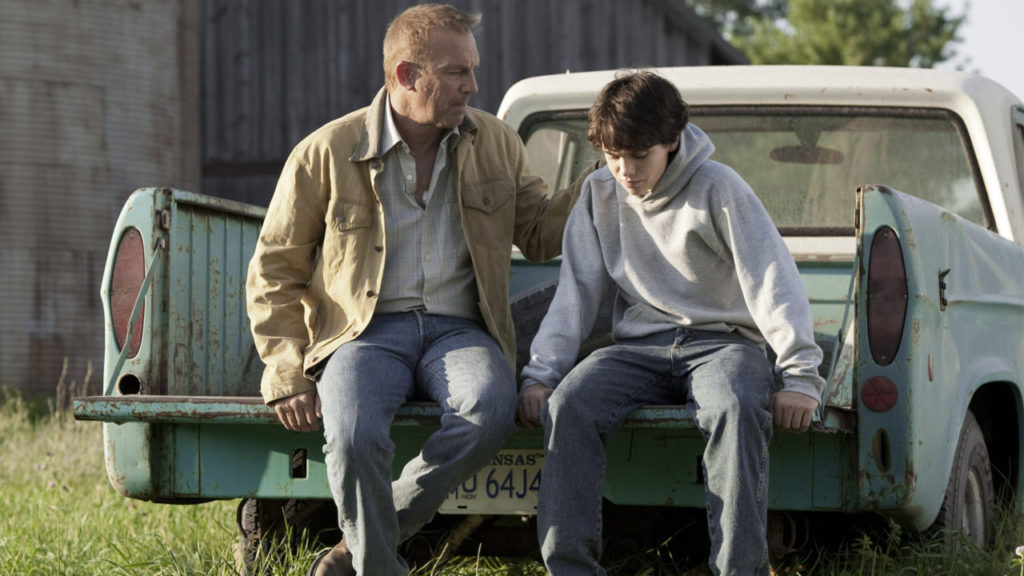
I understand the distaste for Man of Steel. Superman as a character feeds our escapism. It lets us fantasise about a being so very similar to us, yet extraordinary in every sense. A man that never compromises on his morals, because of his humble upbringing, and sense of duty to the world. He is supposed to be above us, both physically and mentally. The world doesn’t want to see a Superman that struggles with moral conflict or engages in destructive behaviour.
Man of Steel manages to meld modern realism and the Superman mythos into one film. There was a more Nolan-esque approach to the character. (Fun fact: Nolan was actually involved in the pitch for Man of Steel, claiming to have “loved” the modernised take by writer David S. Goyer). It challenged how we, whether a Superman veteran or newbie, viewed him. There’s a reason why he’s never referred to as “Superman” in the film. He’s not the hero we know as of yet, but by the end of it, we see him embrace it slowly. An ideal coming-of-age story that doesn’t rely on childhood nostalgia to keep it upright.
The bottom line is this. The world just wasn’t ready for a gritty and less technicolour take on Superman in a post-Avengers era. Either that, or you’re probably a boomer.
Yeah I said it. Sue me.

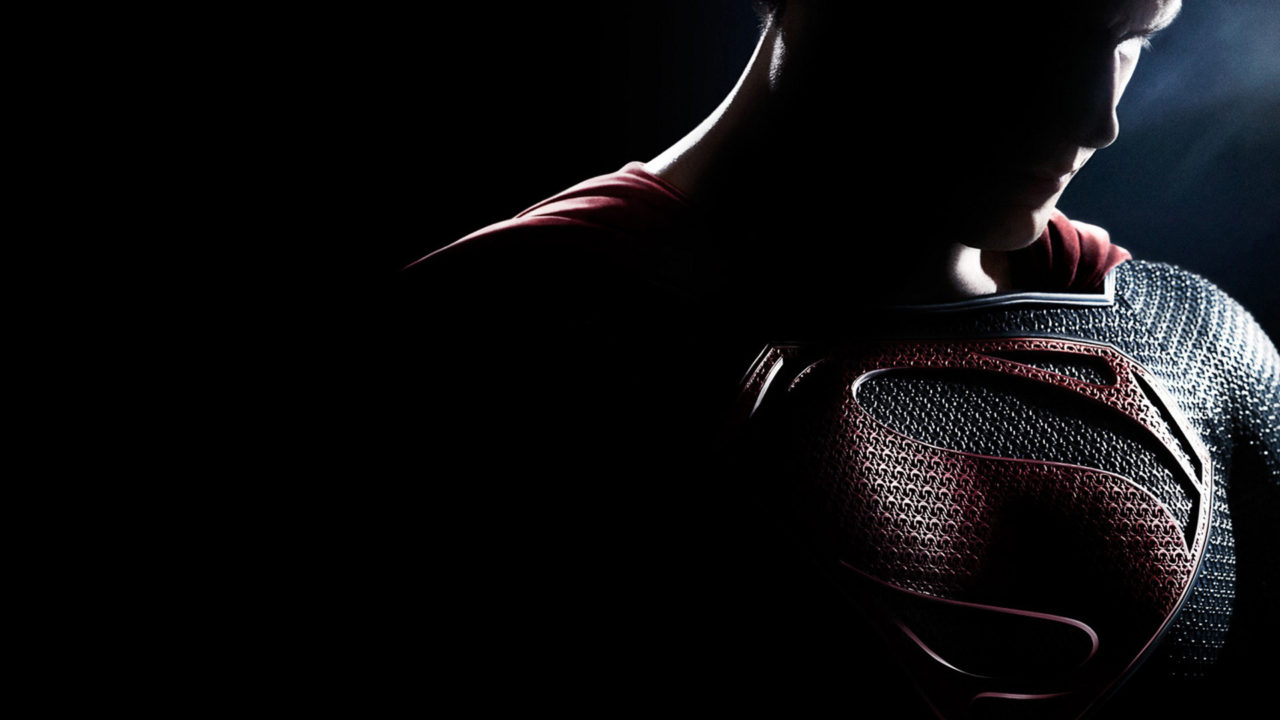
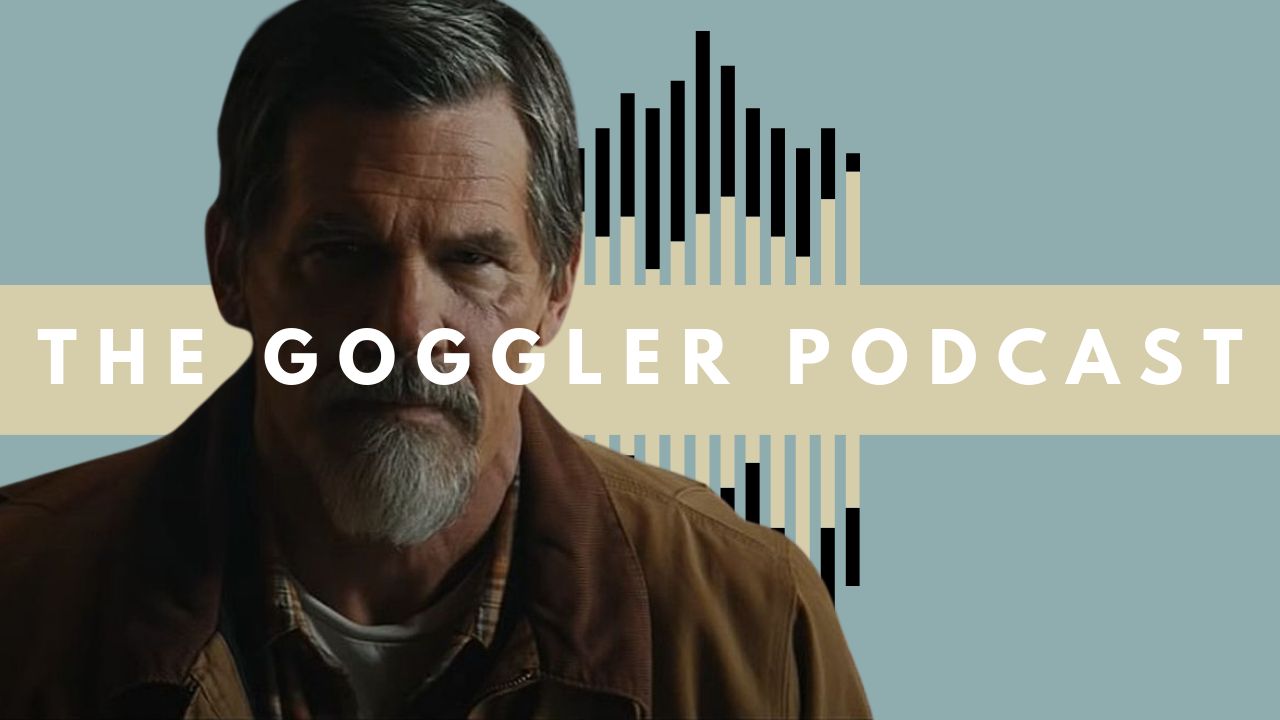

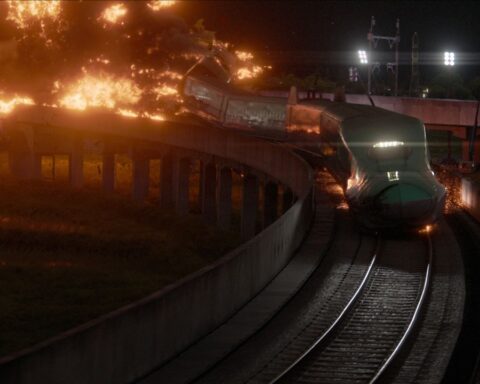
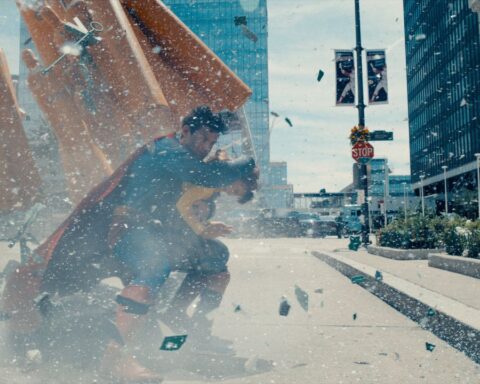
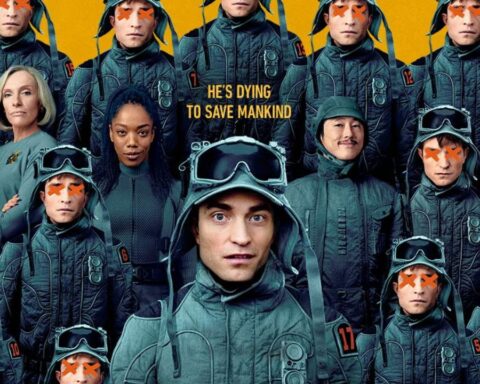
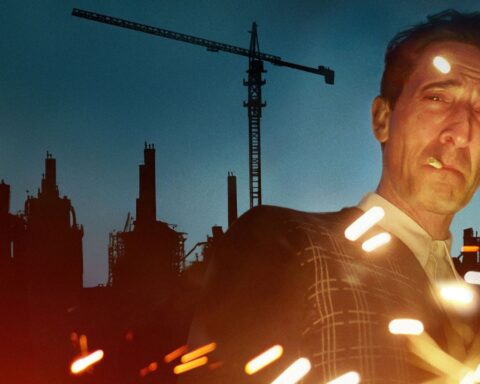

Follow Us